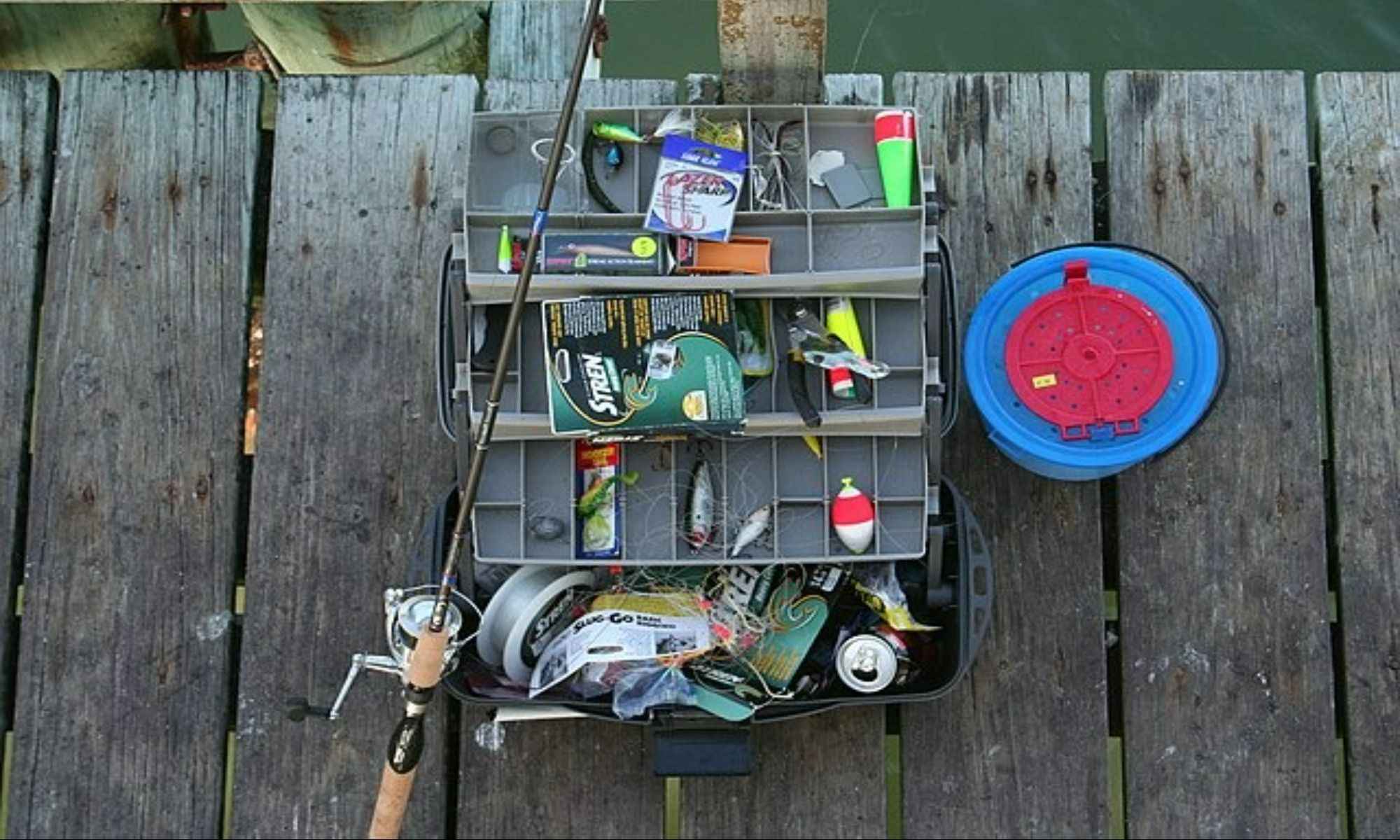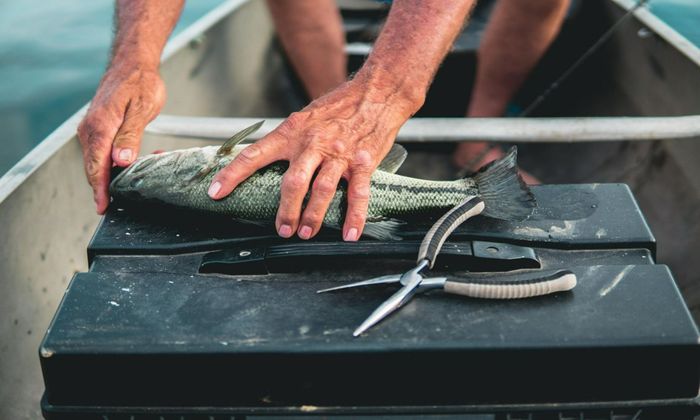Tackle Box: 10 Most Important Things You Need to Have
Here are the top 10 tackle box essentials every angler needs to have.

Because fishing is a gear-heavy sport, most anglers rely on fishing rod holders, ice boxes, and tackle boxes to keep their gear organized. Being organized is vital since being messy on an already rocking boat can be a potential hazard. But with the many things anglers need to have, some things may likely be forgotten. Checklists are essential as the last thing an angler needs is to travel hundreds of miles only to forget an important lure or extra lines. Although these things can be bought from any sporting goods store, it’s still an additional expense on an already expensive hobby. Even worse is being on a boat and traveling all the way back to buy fishing supplies.
Here’s a checklist for things every angler needs to have in their tackle box.
Everything You Need to Have in a Tackle Box
1. Extra Lines
Extra lines are probably the most important out of everything an angler can forget to bring. Anglers can get by with limited lures and hooks since they depreciate longer. However, most anglers will burn through many lines throughout the trip. Of course, bringing the right line should also be something anglers should prepare beforehand. Different lines work differently for each fish. For example, fluorocarbon-based lines are best used on bass. While anglers can sharpen dull hooks or use different types of lures and baits, there’s no more fishing for an angler without lines.

2. Pliers and Cutters

Whether for catch and release or otherwise, every angler has to take off the hooks themselves. Hooks and fish can be dangerous when not adequately tended to. Fish can still be rowdy and can cause cuts with their sharp fins. It’s important to take the hook out immediately. Sticking a hand into a fish is not recommended as it can cause injury.
The same can be said when cutting lines. Anglers should also do this just as quickly to prepare the fish. While cutters are specifically made to cut fishing lines, most anglers can get by using nail clippers.
3. Lures and Hooks
Like bringing lines, forgetting to bring lures and hooks can cut the trip way too short. They’re essential when catching fish. However, an angler will not burn through much of their hooks and lures compared to running out of lines. With multiple uses, hooks go dull but can be sharpened. Lures take a lot of use before they even deteriorate. What anglers shouldn’t forget is to bring multiple types of lures. Fish react to different lures, so switching up is something an angler should do. Crankers, poppers, spinners, and jigs are just some of the most effective lures anglers can bring.
4. Sunglasses and Sunscreen
Often overlooked, sun-protecting items are an absolute must for anglers out in the open. Regardless of the cloudy days, the sun’s UV rays can still hit the skin and cause serious diseases. Anglers should put sunscreen on before heading out. Sunglasses are essential as well. Many fishing techniques emphasize the cast, which can be hindered by the glaring sun.
5. Bug Spray
While it isn’t necessary for anglers out in the ocean, those fishing in freshwater will likely find bug spray very important. Bugs will annoy most anglers, whether it’s slow-moving lakes surrounded by trees or fishing beside a running river. Swampy areas like bayous are also full of bugs. While most insects can be an annoyance, others can bite and even trigger unknown allergic reactions. Anglers should take precautions as many fishing places are away from urban areas to handle urgent healthcare.
6. First Aid Kit
While a first aid kit can be a completely separate item to have, there’s no harm in bringing a couple of extra bandages and gauze in case of emergencies. Anglers can never be too prepared when dealing with the outdoors. Personal medication can also be something anglers put inside. Tackle boxes are something anglers check the most on a fishing trip, so placing medicine inside can be a convenient reminder to take them.

7. Food
It’s the same with first aid kits where anglers mostly bring it as a separate item; it’s never wrong to bring some in case of emergencies. Fishing can surprisingly be a tiring sport. A lot of energy is used, from setting up a rod to reeling a fish out. Small foods that give a significant energy boost, like nuts, chocolate bars, and jerky, are great for storing in tackle boxes. These foods can quickly be eaten while still providing the energy needed to continue fishing. Anglers should regularly eat small bites when they can, as low blood sugar can cause headaches and fatigue, leading to accidents.
8. Knives
Anglers intending to take the fish caught home should be able to gut and fillet them. Of course, an essential tool for preparing fish is the fillet knife. Anglers preparing fish should be careful, especially when the boat is against rough waters. Fish guts should also be stored in proper containers for disposal as soon as the fishing trip is over. Throwing fish remains overboard is illegal and harmful to the environment. Some knives can also cut lines or take hooks out of fish.
9. Ruler or Measuring Tape
For many anglers, one of the joys of fishing is catching the largest one. Whether it’s beating a personal size record or a friend’s, fish size has always been a source of pride. Other than a picture with a fish caught, measuring it is the only way to check for its size accurately.
Some states only allow anglers to bring home fish with a specific size limit on a more serious note. This is to stop overfishing in certain bodies of water. Many rulebreakers to size limits are unintentional so checking with a tape measure is one way to avoid hefty fines.
10. Fishing License
There’s not much to say here other than it’s essential for any angler; however, fishing licenses can easily be forgotten despite their necessity. Keeping it in a tackle box is convenient since the license is never needed for anything else. Doing so will keep anglers away from rule-breaking and fines.



